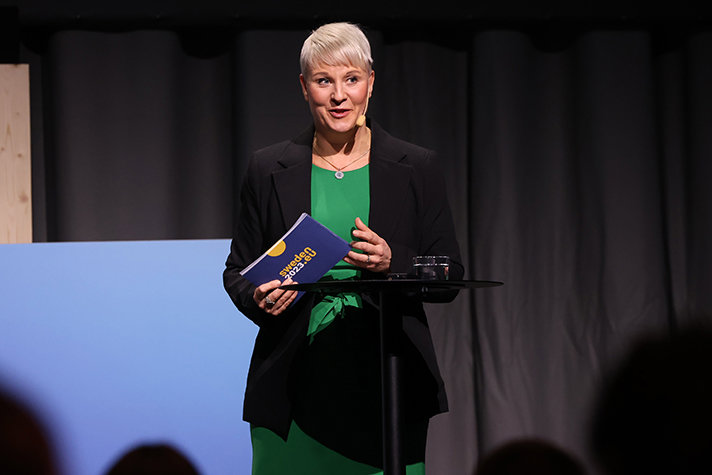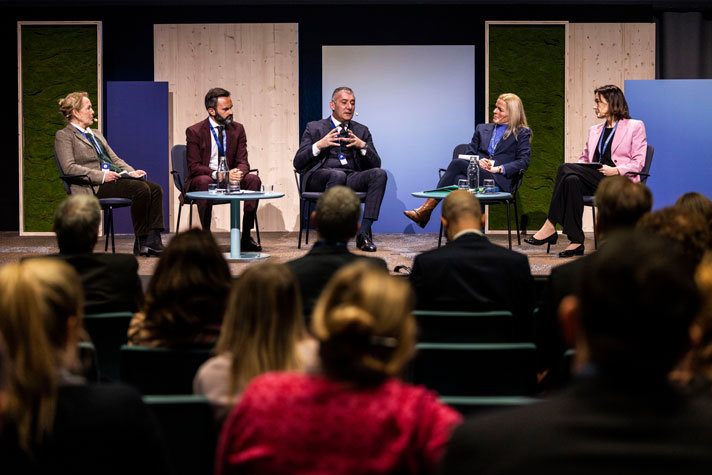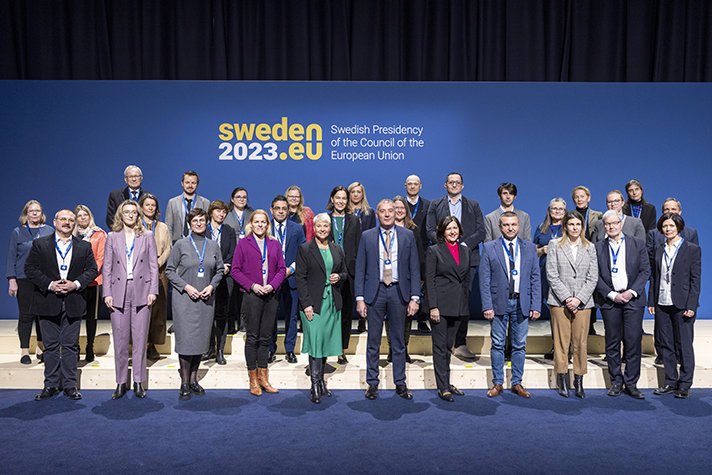Active and autonomous ageing in focus at high-level meeting
Published
Demographic changes in Europe are having an immense impact on our societies and entail challenges, not least for the labour market, pension systems and an increased need for health and social care. The Swedish Presidency has invited EU Member States and other actors to a high-level meeting on active and autonomous ageing, 13 –14 February, where they will discuss how to tackle the issues related to Europe’s ageing population. Minister for Older People and Social Security Anna Tenje will host the conference. Among the participants will be the Estonian Minister of Social Protection, the Danish Minister for Senior Citizens, and the Minister for Active Ageing from Malta.
Demographic changes, which have seen an increase in the number of older people, are creating new challenges. To keep pace with the changing age structure, greater labour participation is needed and working life needs to be extended. This is the most important change required to maintain sufficient and financially sustainable pensions, and good welfare provision. The theme of the first day of the high-level meeting is raising the pension age and providing strong incentives for older people to remain in the labour market and to make work more sustainable throughout life. Efforts are also needed to promote the employability of employees, especially through investing in skills and improving working conditions by combating all forms of age discrimination.
The second day of the high-level meeting will focus on the issue of elderly care and solutions to recruiting staff with the right skills. A well-functioning elderly care sector is crucial to active and autonomous ageing. It needs to be accessible, affordable, of a high quality and offer better working conditions for carers. There is also a growing need within the health and social care sector for digital skills and specific knowledge of geriatrics, disabilities, dementia and other chronic diseases.
“I am looking forward to bringing decision-makers and experts together to discuss matters and exchange experiences. There are great disparities in the health and social care services of EU Member States. A challenge we all face is the recruitment and retention of staff with the right skills. This is particularly apparent in the European Care Strategy, which highlights the need to develop efforts to increase the skills supply in all Member States. We also have an ageing population whose skills and experience need to be utilised, not least in the labour market,” says Ms Tenje.
This high-level meeting aims to promote the exchange of knowledge and experience. It will do so by highlighting the latest findings on the impact of various measures and strategies on promoting a longer and more sustainable working life. This meeting will also highlight and discuss best practice and innovative ideas on how to attract workers with the right skills to the long-term care sector and what role the digital transition must play.
Around 100 people are expected to participate, including political representatives and senior officials from EU Member States, representatives from the European Commission, stakeholder organisations, labour market partners and researchers.
Contact
Press Secretary to the Minister for Older People and Social Security Anna Tenje
Phone (switchboard) +46 8 405 10 00
Mobile +46 76 134 67 22
email to Sebastian Tham




 X
X